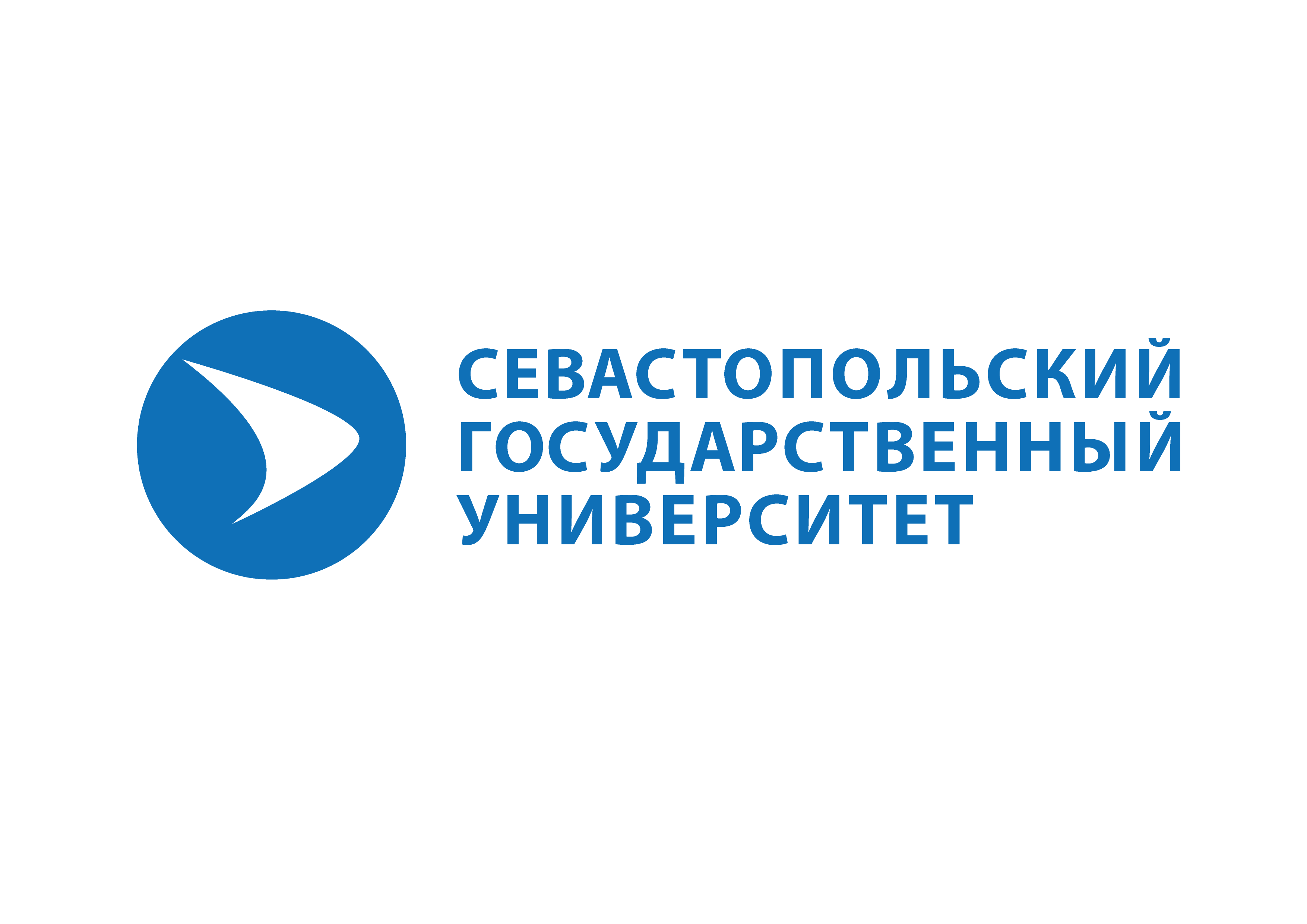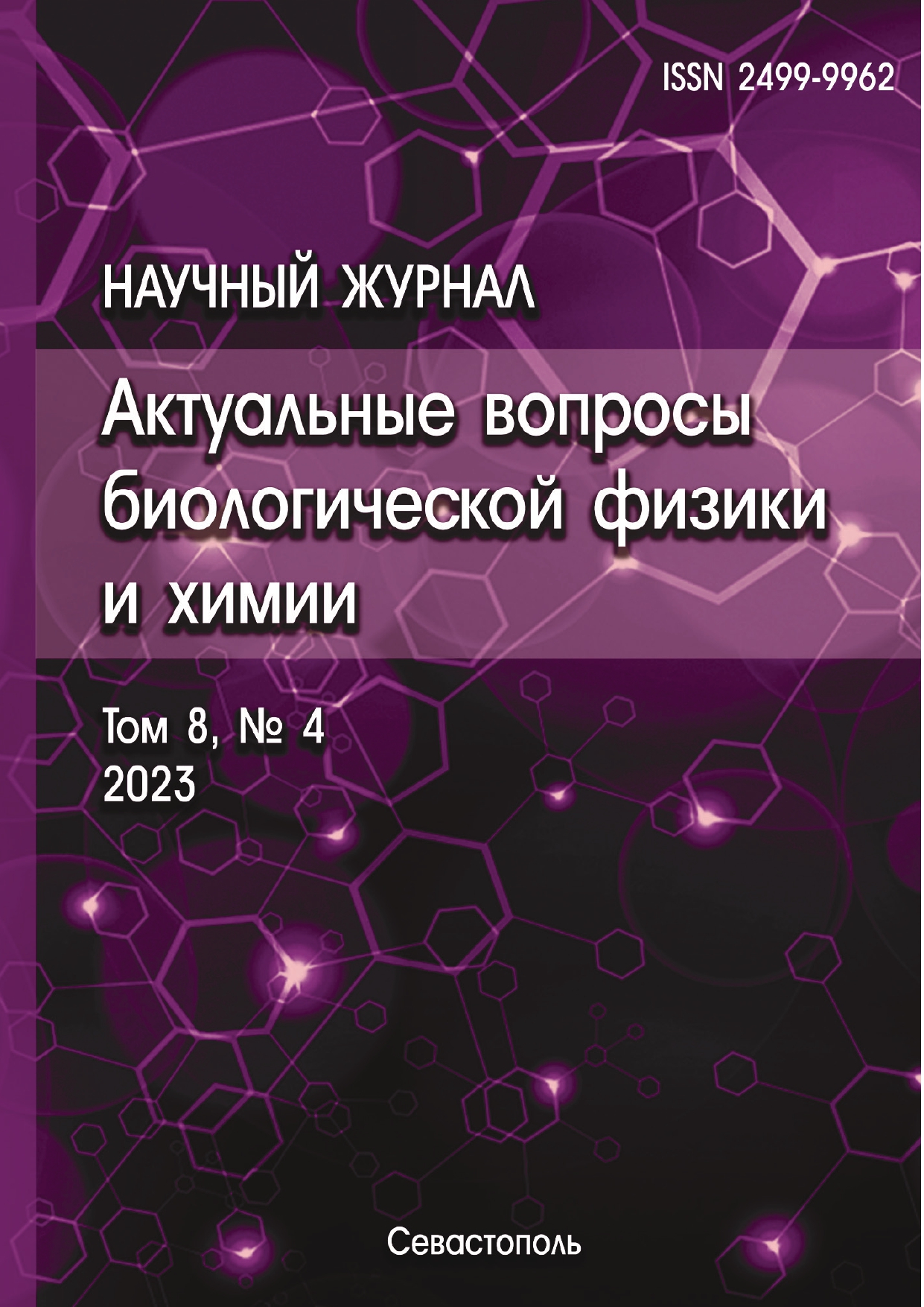Sevastopol, Sevastopol, Russian Federation
Sevastopol, Sevastopol, Russian Federation
Sevastopol, Sevastopol, Russian Federation
Sevastopol, Sevastopol, Russian Federation
In this work, using the methods of flow cytometry and laser diffraction, the analysis of the functional state of hemocytes (osmotic fragility, the ratio of cell types in the hemolymph, the ability to produce ROS) was carried out of the Mediterranean mussel Mytilus galloprovincialis (Lamarck, 1819), acclimatized to low (6 ‰, 10 ‰, 14 ‰) and high salinity (24%, 30 %). Acclimation to different salinity led to a multidirectional change in the cellular composition of the hemolymph of mussels, the most pronounced effect was observed at low salinity. At the same time, both in conditions of low and high salinity, an increase in the intracellular concentration of ROS in hemocytes was noted, which may indicate the development of oxidative stress. In addition, with all changes in salinity, a shift in the osmotic fragility curve was recorded. The results of this work showed that the Mediterranean mussel has a pronounced tolerance to short-term (48 h) fluctuations in salinity, while the decrease in salinity was accompanied by more pronounced functional changes. In turn, the shift in the osmotic resistance curve indicates the involvement of cellular mechanisms of osmoregulation in Mediterranean mussels in adapting to short-term changes in salinity.
hemocytes, hemolymph cellular composition, reactive oxygen species, salinity, osmotic fragility
1. Hoegh-Guldberg O., Jacob D. et al. Impacts of 1.5 C global warming on natural and human systems. Global warming of 1.5° C, 2018.
2. Zonn I.S. Environmental issues of the Caspian. The Caspian sea environment, 2005, pp. 223-242.
3. Zaitsev Y. Introduction to the Black Sea Ecology, 2008.
4. Barbier E.B., Hacker S.D., Kennedy C., Koch E.W., Stier A.C., Silliman B.R. The value of estuarine and coastal ecosystem services. Ecological monographs, 2011, vol. 81, no. 2, pp. 169-193.
5. Chen K., Kuang C., Wang L., Chen K., Han X., Fan J. Storm surge prediction based on long short-term memory neural network in the East China Sea. Applied Sciences, 2021, vol. 12, no. 1, p. 181.
6. Coughlan M., Cronin P., Ryan F. Survey research: Process and limitations. International Journal of Therapy and Rehabilitation, 2009, vol. 16, no. 1, pp. 9-15.
7. Velez C., Figueira E., Soares A.M., Freitas R. Native and introduced clams biochemical responses to salinity and pH changes. Science of the Total Environment, 2016, vol. 566, pp. 260-268.
8. Velez C., Figueira E., Soares A.M., Freitas R. Combined effects of seawater acidification and salinity changes in Ruditapes philippinarum. Aquatic Toxicology, 2016, vol. 176, pp. 141-150.
9. Wijsman J.W. M., Troost K., Fang J., Roncarati A. Global production of marine bivalves. Trends and challenges. Goods and services of marine bivalves, 2019, pp. 7-26.
10. Ahmed N., Thompson S., Glaser M. Global aquaculture productivity, environmental sustainability, and climate change adaptability. Environmental management, 2019, vol. 63, pp. 159-172. DOI: https://doi.org/10.1007/s00267-018-1117-3; EDN: https://elibrary.ru/RFYUPF
11. Andreyeva A.Yu., Gostyukhina O.L., Kladchenko E.S., Vodiasova E.A., Chelebieva E.S. Acute hypoxic exposure: effect on hemocyte functional parameters and antioxidant potential in gills of the pacific oyster, Crassostrea gigas. Marine Environmental Research, 2021, vol. 169, p. 105389.
12. Mindukshev I.V., Krivoshlyk V.V., Dobrylko I.A., Goncharov N.V., Vivulanets E.V., Kuznetsov S.V., Krivchenko A.I. Abnormalities of elastic and transporting properties of red blood cells under development of apoptosis. Biochemistry (Moscow) Supplement Series A: Membrane and Cell Biology, 2010, vol. 4, pp. 22-31. DOI: https://doi.org/10.1134/S1990747810010046; EDN: https://elibrary.ru/MXEWTT
13. Gambaryan S., Subramanian H., Kehrer L., Mindukshev I., Sudnitsyna J., Reiss C., Rukoyatkina N., Friebe A., Sharina I., Martin E., Walter U. Erythrocytes do not activate purified and platelet soluble guanylate cyclases even in conditions favourable for NO synthesis. Cell Communication and Signaling, 2016, vol. 14, pp. 1-12. DOI: https://doi.org/10.1186/s12964-016-0139-9; EDN: https://elibrary.ru/XFOSCH
14. Sudnitsyna J.S., Skvertchinskaya E.A., Dobrylko I.A., Nikitina E.R., Krivchenko A.I., Gambaryan S.P., Mindukshev I.V. Human erythrocyte ammonium transport is mediated by functional interaction of ammonium (RhAG) and anion (AE1) transporters. Biochemistry (Moscow) Supplement Series A: Membrane and Cell Biology, 2016, vol. 10, pp. 301-310. DOI: https://doi.org/10.1134/S1990747816040097; EDN: https://elibrary.ru/YUXFYX
15. Singh T.S., Verma T.N. An assessment study of using Turel Kongreng (river mussels) as a source of heterogeneous catalyst for biofuel production. Biocatalysis and Agricultural Biotechnology, 2019, vol. 20, p. 101185.
16. Makhro A., Huisjes R., Verhagen L. P. et al. Red cell properties after different modes of blood transportation. Frontiers in physiology, 2016, vol. 7, p. 288.
17. Carregosa V., Velez C., Soares A.M., Figueira E., Freitas R. Physiological and biochemical responses of three Veneridae clams exposed to salinity changes. Comparative Biochemistry and Physiology Part B: Biochemistry and Molecular Biology, 2014, vol. 177, pp. 1-9.
18. Huang H.-Y., Lin Y.-C.-D., Li J. et al. miRTarBase 2020: updates to the experimentally validated microRNA–target interaction database. Nucleic acids research, 2020, vol. 48, no. D1, pp. D148-D154.
19. Suski M.Sc.J.M., Lebiedzinska M., Bonora M., Pinton P., Duszynski J., Wieckowski M.R. Relation between mitochondrial membrane potential and ROS formation. Mitochondrial bioenergetics: Methods and protocols, 2018, pp. 357-381.
20. Mohanty J.G., Nagababu E., Rifkind J.M. Red blood cell oxidative stress impairs oxygen delivery and induces red blood cell aging. Frontiers in physiology, 2014, vol. 5, p. 84.










